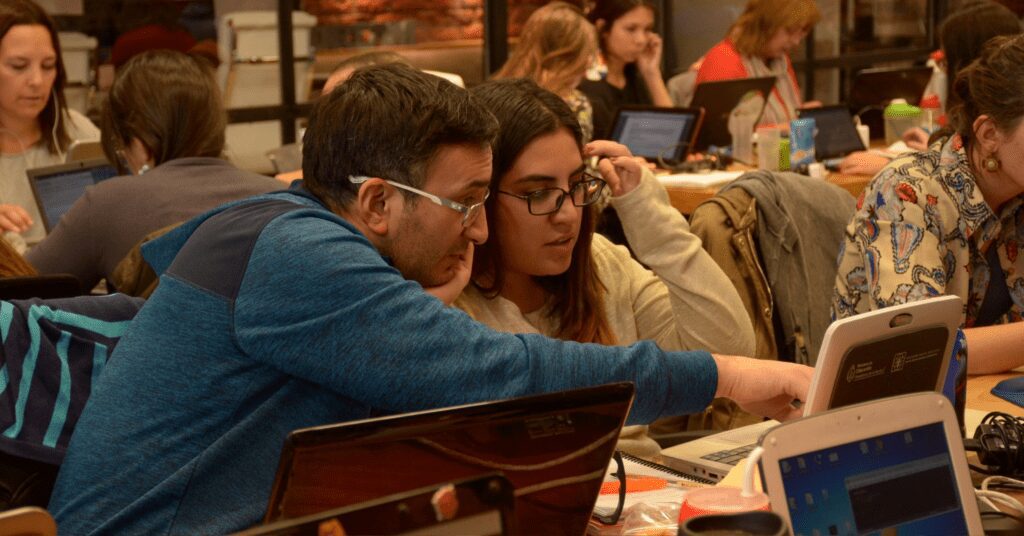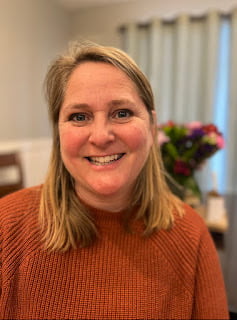Communication is Key to Effective Parent Communication
Communication is the key that opens relationships. As individuals and groups exchange information, both parties send and receive messages. These messages can have a positive or negative impact on further interactions. Over the years, I have learned the importance of effective communication with parents. As stakeholders, you can apply these principles to open the doors to positive communication and building trusting relationships.
First, set boundaries and expectations to ensure respectful interactions. Teachers often have a back-to-school letter outlining their expectations. These important “rules” can be reinforced throughout the year. During covid, many teachers didn’t set boundaries for replying to emails. Answering parent emails at all hours of the day, then they didn’t understand why teachers were still getting emails in the middle of the night. Set working hours and stick to them!
Remember to vary the type of communication so you can meet the parents where they are at. “Take-home folders” have been a standard for elementary families. However, schools have also implemented automated systems that call, text, and send emails about important happenings. This is especially crucial when safety is concerned. The only downside is that parents need to have information up to date or this is futile. My school is in the middle of transitioning to a new student information system. We are asking parents to re-enroll their students to very that their information is accurate. However, if parents never receive this “call”, it does no good. We have utilized newsletters, social media, and our call-out system. But realize not all families are “connected”, many schools have reader boards and collaborate with local newspapers and radio stations to get vital information and resources to parents.

Other important communications ideas
Know your audience. Parents and caregivers may not understand educational concepts. Don’t talk down to them, but reinforce vocabulary for future communications. This is especially true if there are language barriers, consider having many language options available.
Keep it Professional. This goes without saying, but just a reminder to check your grammar and spelling. Some programs will do it automatically or you could always draft in a separate document to check for accuracy and future documentation.
Make it positive. When a parent receives a phone call from school it shouldn’t always be for reminders or when things have gone awry. Families should be notified of special achievements and positive things their child is doing. There are many programs that help track student behavior and even allow parents to receive updates. Consider inviting parents to take part in school board meetings and revisit vision and mission statements or year goals. Having families involved in these advisory meetings can also help spread information to whole communities.
Wait to reply. This may seem counterproductive. However, reflect on your expectations and don’t automatically reply when an email is received. Take time to think of a response especially if it is a “sticky” situation. Teachers may often need to include administrators as well. Also, make sure to gather important information in case you have missed something from an earlier conversation to avoid saying things that might cause more issues down the road.
Information Security. This may also be an obvious one, but emails stay on school or district servers. Be mindful of the information stored in various apps and programs as well. Consider checking your settings to verify stored information.
As you utilize these suggestions you can make a positive impact on the lives of educators, families, and communities. We all want our students to be successful, we just need to communicate it well.

Written by: Teresa Marchant
School Librarian at LOCKWOOD SCHOOL DISTRICT 26
Teresa has been an educator for over 25 years. She holds a Master’s in Educational Technology with an emphasis in Online Instruction from Montana State University as well as a certificate in School Library Media from the University of Washington. Over the years she has served in many capacities at the state and local level. Highlights include being the Vice Chair of the Certification Standards and Practices Advisory Council to the Montana Board of Public Education, a member of the School Leadership Team and Chair of the Professional Development Committee for her school district, and a member of the Montana Library Association board. She loves learning and enjoys helping others!
Interested in learning more about the education market, or looking to contribute? We want to hear from you!